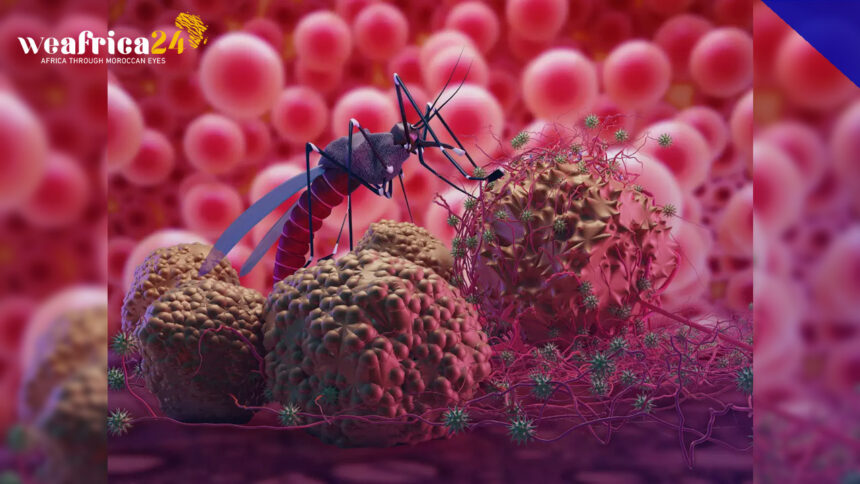World Malaria Day 2024 will be observed under the theme “Accelerating the fight against malaria for a more equitable world.” Despite notable progress in recent years, the battle against malaria has encountered significant obstacles, with advancements plateauing. This persistent threat not only poses grave health risks and claims lives but also perpetuates a cycle of inequality, disproportionately affecting those in vulnerable circumstances.
In the Western Pacific region, the journey towards malaria elimination presents unique challenges. The epidemiology of malaria demonstrates substantial diversity, with the disease often concentrated in remote or hard-to-reach areas, and among mobile populations such as forest dwellers, migrants, indigenous communities, military personnel, and refugees. A predominant share of malaria-related deaths in the region, exceeding 70%, is attributed to Plasmodium falciparum, frequently due to delayed treatment.
Several key challenges confront the region, including reaching remote populations in Papua New Guinea and the Solomon Islands, preventing relapses of vivax malaria through comprehensive treatment, and halting the transmission of knowlesi zoonotic malaria in Malaysia.
Efforts to extend malaria prevention, diagnosis, and treatment to these populations are pivotal in achieving global malaria targets and realizing the aspiration of “zero malaria.” Collaboratively, the World Health Organization (WHO) and regional partners are devising and implementing intensified strategies, encompassing targeted drug administration, fever screening, treatment, and rapid response mechanisms to address all malaria cases.
Malaria vaccines represent a significant breakthrough in both child health and malaria control. WHO recommends two efficacious vaccines, RTS,S, and R21, to be made available in adequate supply to meet demand and scale up operations as necessary within the region.
Despite ongoing challenges, the Western Pacific region has made commendable strides in malaria control. Over the past two decades, malaria-related fatalities have plummeted by 88%. However, between 2021 and 2022, there was a concerning 29% rise in estimated deaths, primarily driven by increases in Papua New Guinea. Similarly, estimated malaria cases surged by 23% or 1.9 million during the same period.
Although antimalarial drug resistance remains a looming threat, the Greater Mekong subregion countries, including Cambodia, Lao People’s Democratic Republic, and Vietnam, have witnessed promising progress in accelerating Plasmodium falciparum elimination.
The call to action is clear: invest in defeating malaria by bolstering primary health care to reach marginalized and hard-to-reach populations, prioritize funding for these vulnerable groups, combat discrimination, and stigma, and integrate malaria control interventions into universal health coverage.
Additionally, advocating for innovative vector control approaches, diagnostics, and treatments is crucial, alongside the urgent implementation of existing strategies to prevent, diagnose, and treat malaria effectively. Community engagement is paramount, ensuring that strategies are people-centered and inclusive in health decision-making processes.







